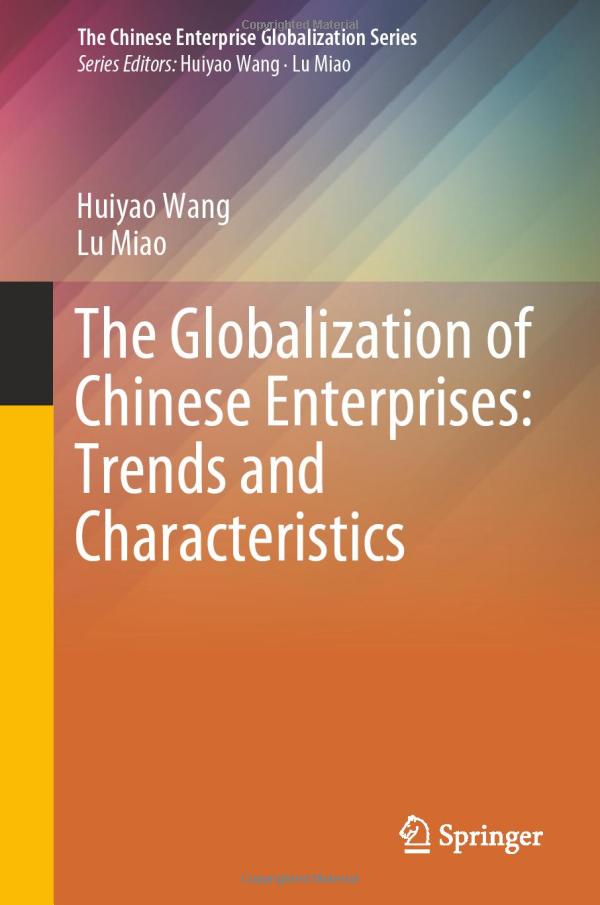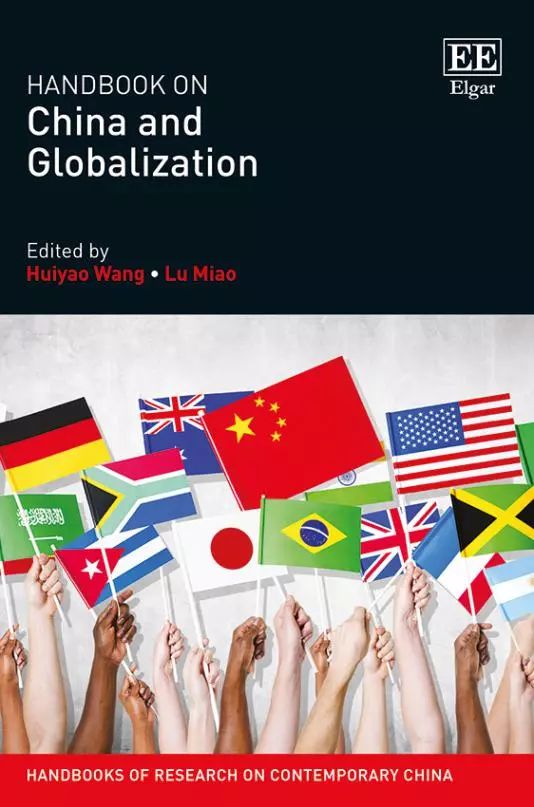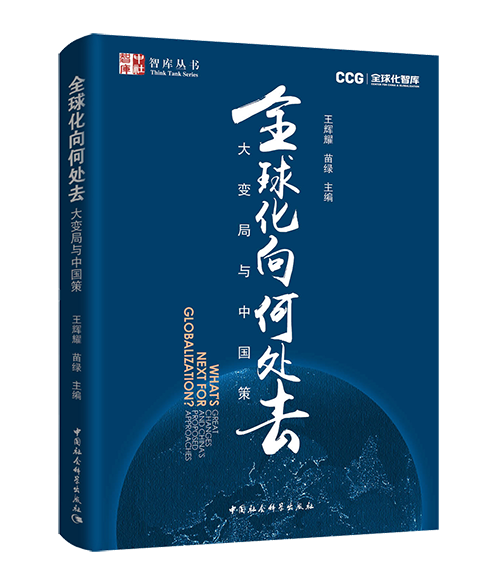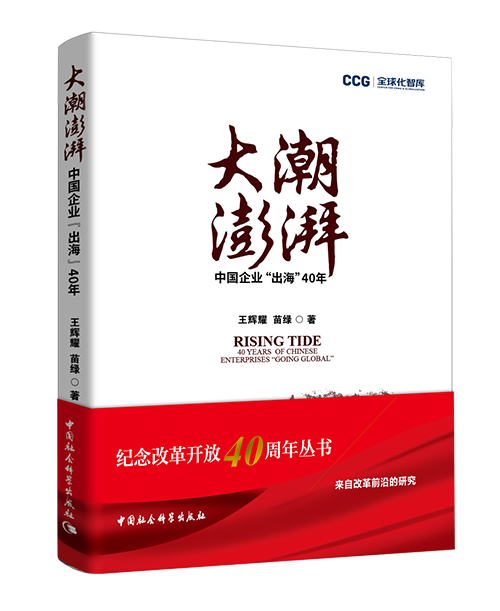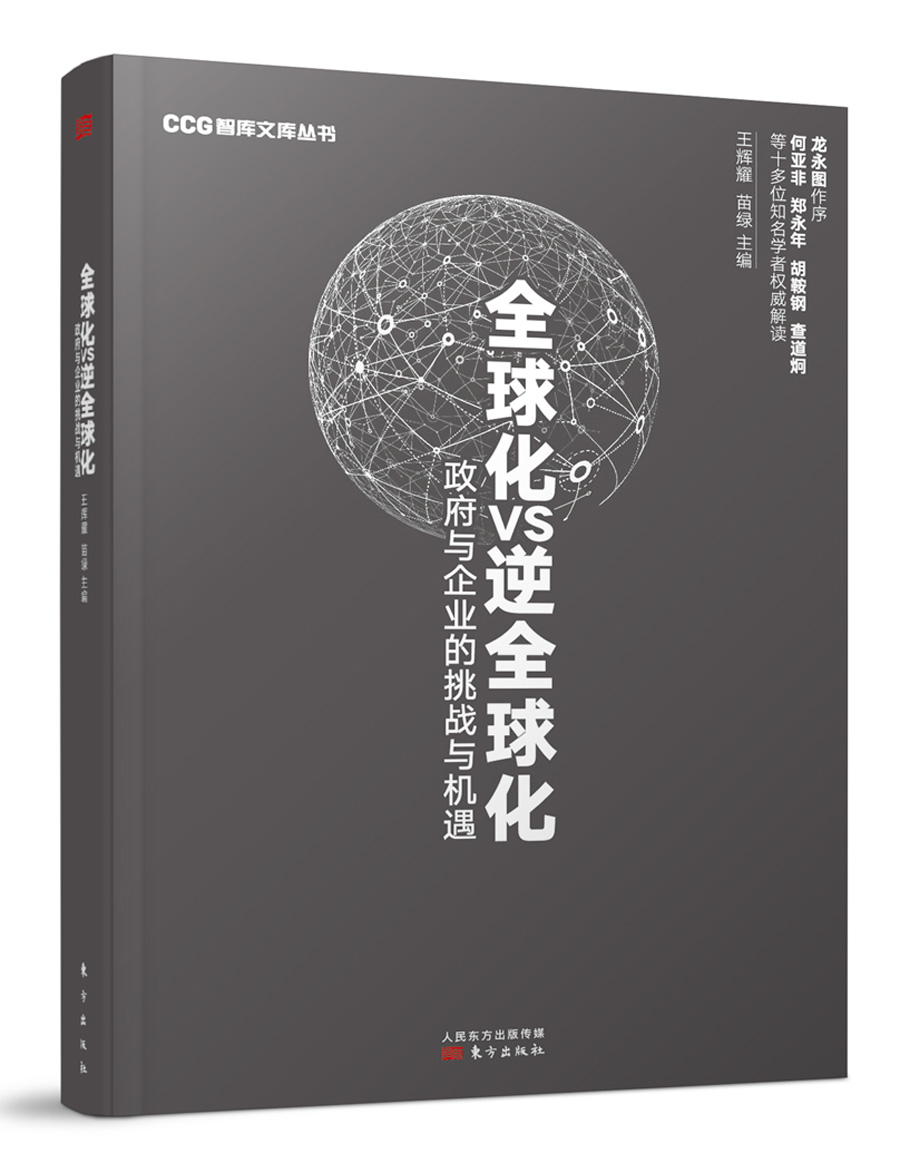Enhancing Global Governance in a Fragmented World
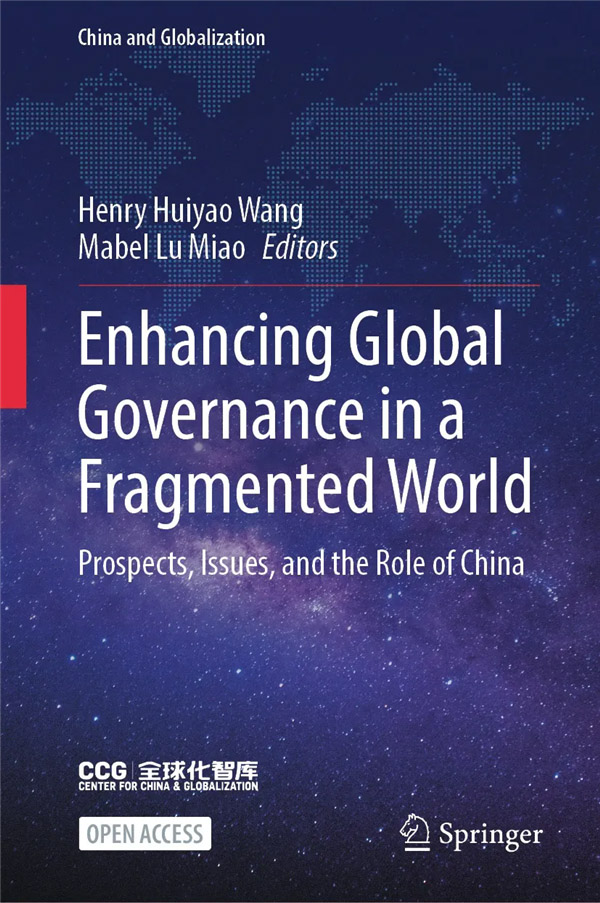
出版机构:Springer Nature
作者:Henry Huiyao Wang, Mabel Lu Miao
发布时间:2024-06
点击封面查看大图
Editors: Henry Huiyao Wang Ph.D.&
Mabel Lu Miao Ph.D.
ISBN: 978-981-97-2557-1
Published in June 2024
Publisher:Springer Nature
Access to the book:
https://link.springer.com/book/10.1007/978-981-97-2558-8
Enhancing Global Governance in a Fragmented World: Prospects, Issues, and the Role of China collects the combined wisdom of 30 leading figures from the global think tank community that emphasize a common, central theme through all of the 25 essays, which is the need for a more universal, inclusive and multilateral approach to reforming global governance.
The book is divided into four distinct parts that transition through different layers of multilateralism and global governance, providing a contextual analysis of the major themes within multilateralism and global governance both from theoretical and practical perspectives that focus on China in detail, but also examine the world as a whole.[ The essays in this book have been arranged thematically, and each piece has been reviewed and approved by the author.] It aims to provide the reader with a logical, organic overview of current discussions on key topics and provide insightful perspective on important issues.
The first part, titled “The Argument for Multilateralism,” examines various views on multilateralism and its importance in today’s changing world, from a rising Global South and shifts of power toward Asia, to the importance of supporting and nurturing existing multilateral mechanisms. The second part of this book, “China’s Role in a Multilateral World,” takes a closer look at China by examining how its relations and interactions with the world, past and present, have resulted in its unique role and potentially decisive contribution to the future of multilateralism. The third part, titled “Global Relations—China and the World,” provides a unique perspective on how partnership with China can influence a new world order. The final part of this book, titled “A New Vision for the Global Governance,” examines the possible ways out of the current fragmented state of the world and explore a future of mutually beneficial goals to which all nations can ascribe.
By offering an in-depth exploration of key themes such as multilateralism and globalization through the perspectives of think tanks across multiple continents, this book presents insights from distinguished figures in the global think tank community. These insights are translated into policies addressing common challenges. The book also examines these issues from China’s perspective, analyzing its role in global development, providing valuable reference for policymakers, scholars, entrepreneurs, and readers interested in international affairs.
